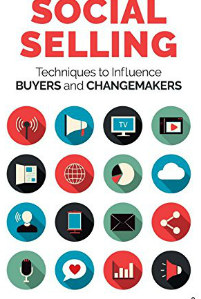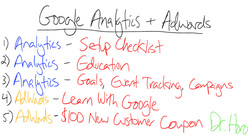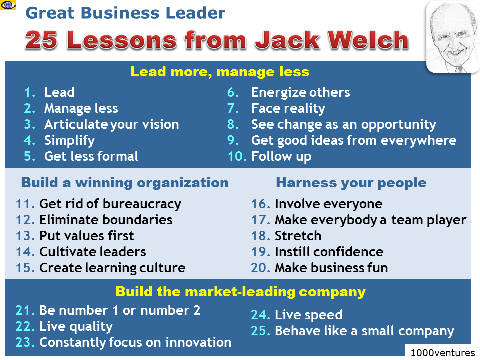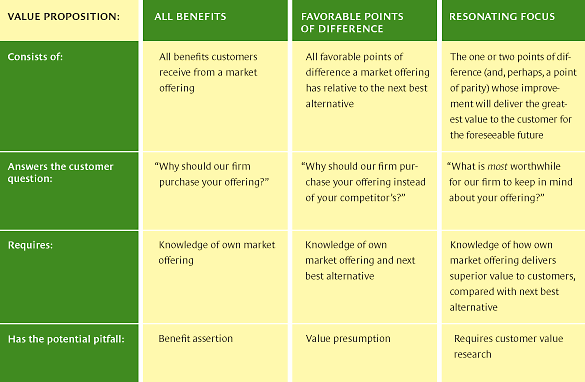
2. Provide meaningful content through your channels
3. Share knowledge and content with network
"So what type of content should you be posting if I said you can’t always be talking about your product? I recommend first looking at the pain points that your target market faces and addressing those through curating third party content or by sharing your own original content."
There are several websites out there that show how to begin socially selling online - it is an art that is learned by doing over and over again. These are the three simple rules: First of all, content does not mean anything if there is no network to share it with. Seondly, in order to build your network, you will find opportunities by being consistent in creating meaningful content through your channels of friends. Thirdly, as you share it forward, your network will grow and readers will begin to rely on the content that you provide. The right kind of value offering will ensure continuous following and provide you with opportunities to sell your product to businesses and new clients alike.
For more information, you will most likely google the word social selling - this is probably how you found this blog post as well. One of the definitions you will find reads: Social selling is when salespeople use social media to interact directly with their prospects. Salespeople will provide value by answering prospect questions and offering thoughtful content until the prospect is ready to buy.
Answering important questions that your clients have is the key to smart content creation.
Good luck! :)










 RSS Feed
RSS Feed
